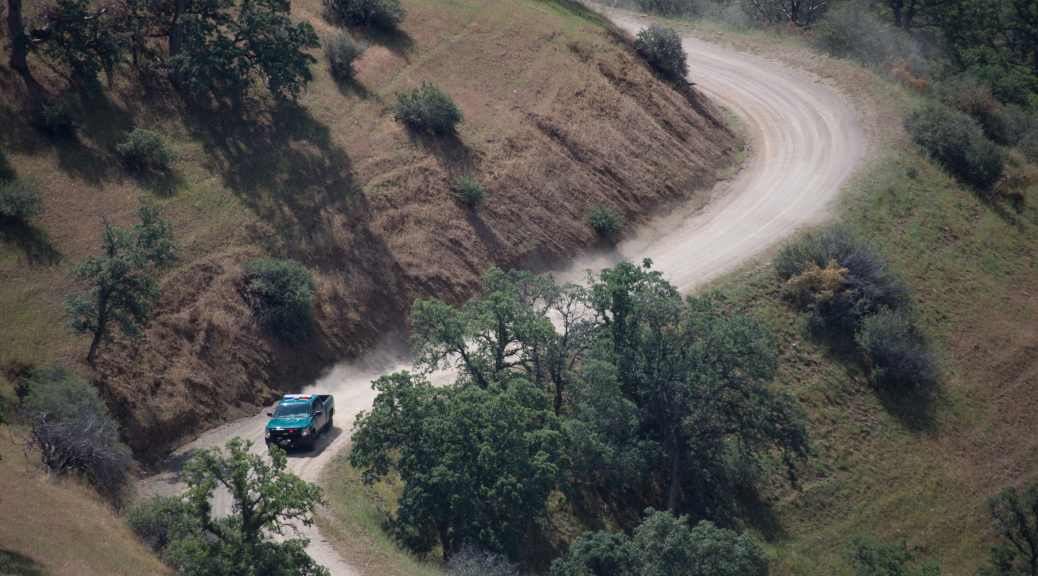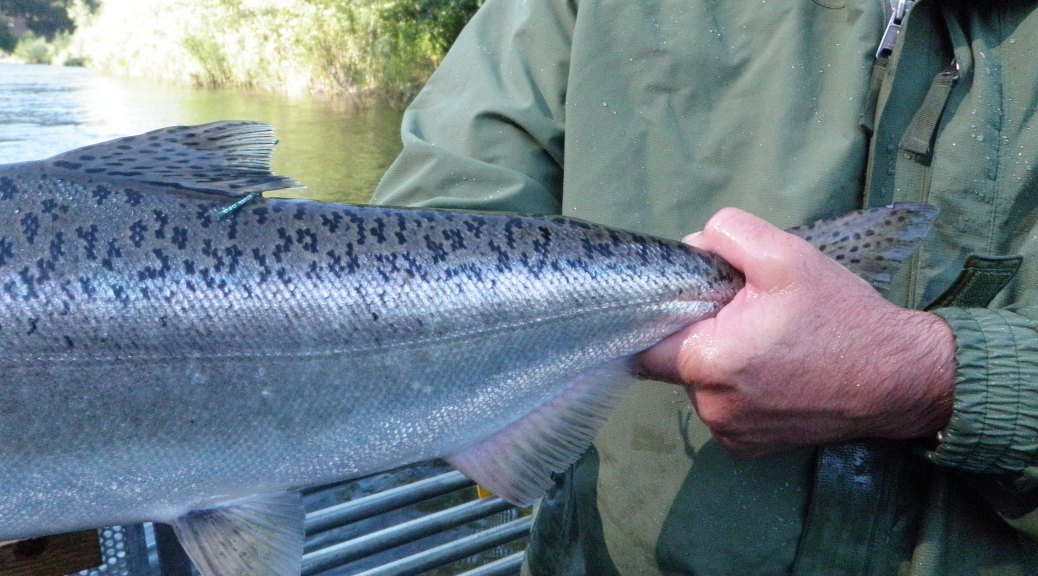Wildlife Officer Cadet Application Deadline Rapidly Approaching

by CDFW
9-16-2018
Website
Do you have a love of the outdoors and a passion for fish and wildlife conservation? The California Department of Fish and Wildlife (CDFW) Law Enforcement Division (LED) is currently accepting applications for Wildlife Officer (Warden) Cadet. All prospective applicants must submit a warden cadet application by Sept. 30, 2018 to be considered for the 2020 law enforcement academy.
CDFW has posted answers to the most commonly asked questions about a career as a wildlife officer, along with other informational materials, on the LED webpage. All prospective candidates are encouraged to extensively review this information before applying.
CDFW wildlife officers are fully sworn California peace officers with a fundamental duty to serve and protect the public. Wildlife officers focus their efforts on enforcing the Fish and Game Code and regulations promulgated under that code, but they have the authority to enforce all California laws, including the Vehicle Code, Penal Code, Health and Safety drug laws and more. Most know how wildlife officers protect California fish and wildlife from poachers – but there’s much more! Wildlife officers protect our waterways and habitat from destruction, pollution and litter, provide the public with hunting and fishing information, and promote and coordinate hunter education and safe weapons handling.
Wildlife officers patrol the mountains, valleys, deserts, creeks, streams, rivers and up to 200 miles out to sea. They frequently work alone and cover both rural and urban areas. California’s diverse ecosystem spans 159,000 square miles divided into 58 counties, with a human population nearing 40 million. The state has 1,100 miles of coastline, 30,000 miles of rivers and streams, 4,800 lakes and reservoirs and 80 major rivers. Wildlife officers patrol utilizing trucks, ATVs, personal watercraft, boats, snowmobiles and airplanes, making contact with Californians in the great outdoors. Wildlife officers work undercover, conduct surveillances and complete in-depth investigations, including writing and serving search warrants. CDFW LED has numerous specialized teams and assignments including K-9, wildlife trafficking, marijuana eradication and watershed protection, marine patrol and oil spill prevention and response.
Annually, wildlife officers make contact with more than 295,000 people and issue more than 15,000 citations for violations of the law.
Successful applicants for warden cadet will attend a Peace Officer Standards of Training (POST) certified law enforcement training academy, conducted by CDFW at Butte College, near Chico in northern California. Following the academy, probationary wildlife officers will work with a seasoned field training officer for several weeks, where they will learn to apply their training in practical circumstances.
More Reports
California Department of Fish & Wildlife Reports
for Friday, September 14th, 2018• Caltrans and CDFW Urge Drivers to be Alert During Watch Out for Wildlife Week

9-13-2018
The California Department of Fish and Wildlife (CDFW) is reminding Trinity River anglers to return Coho salmon, Chinook salmon and...... Read More
